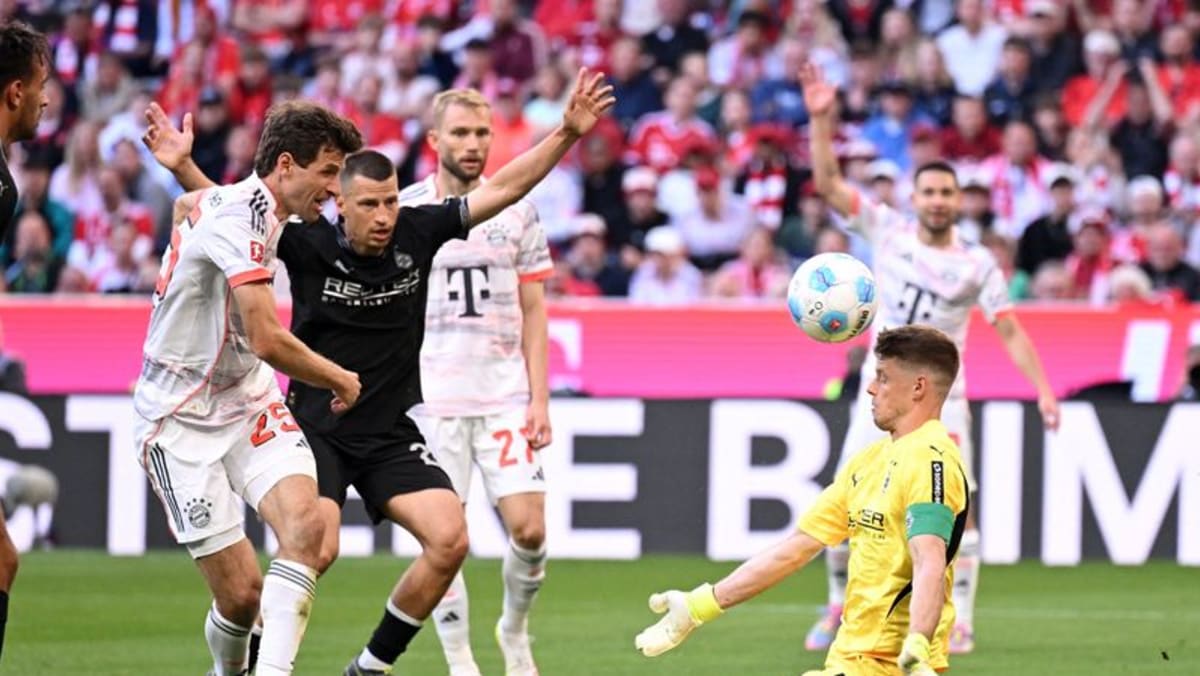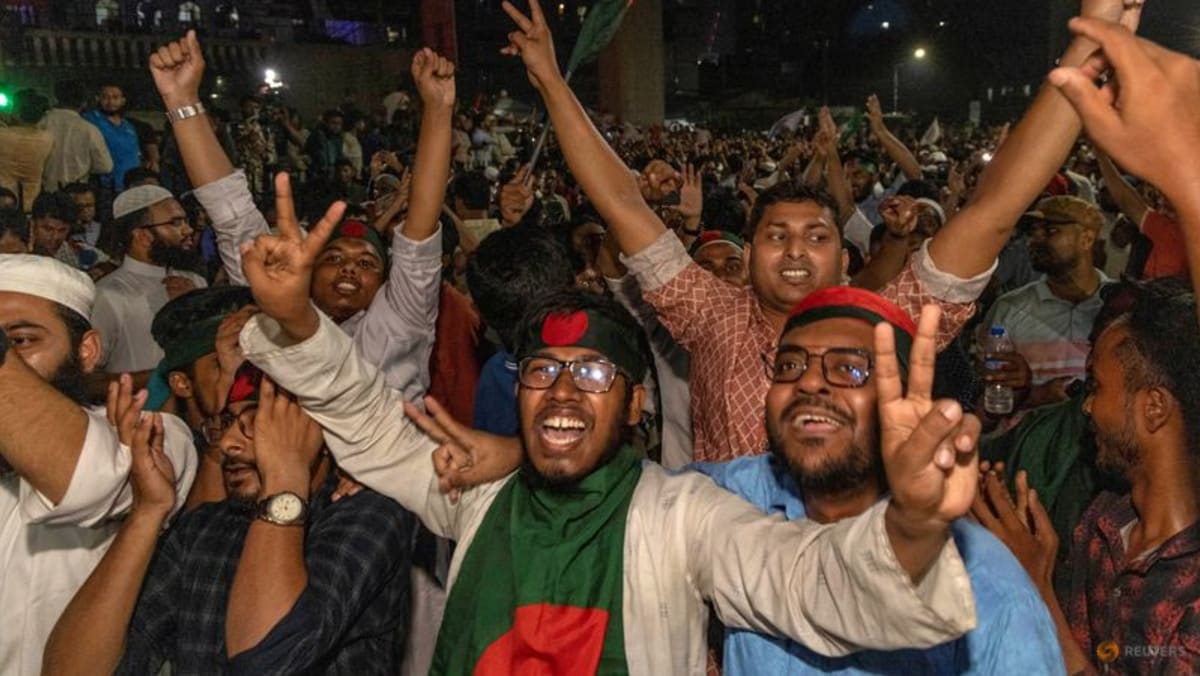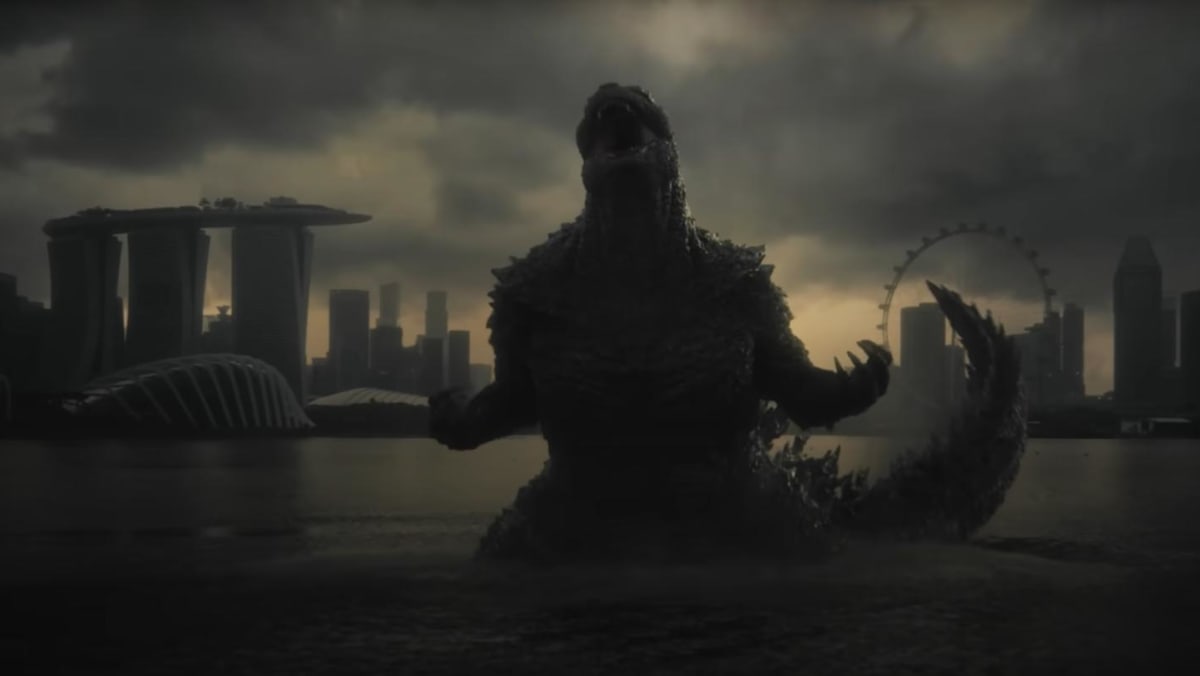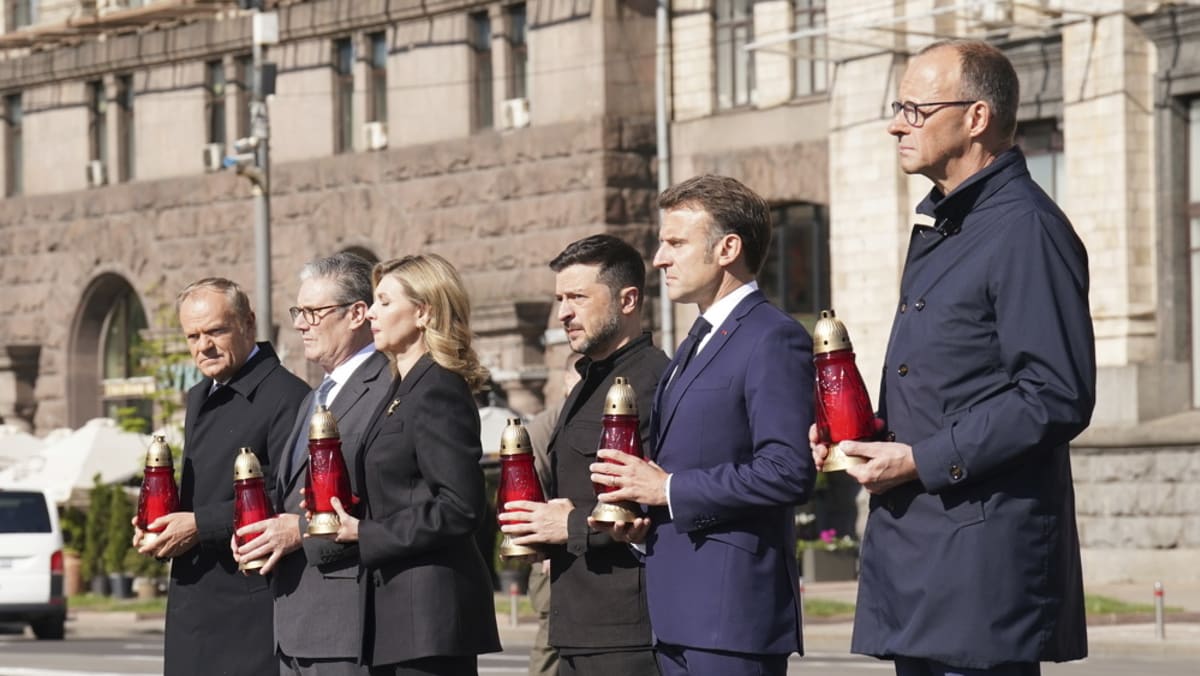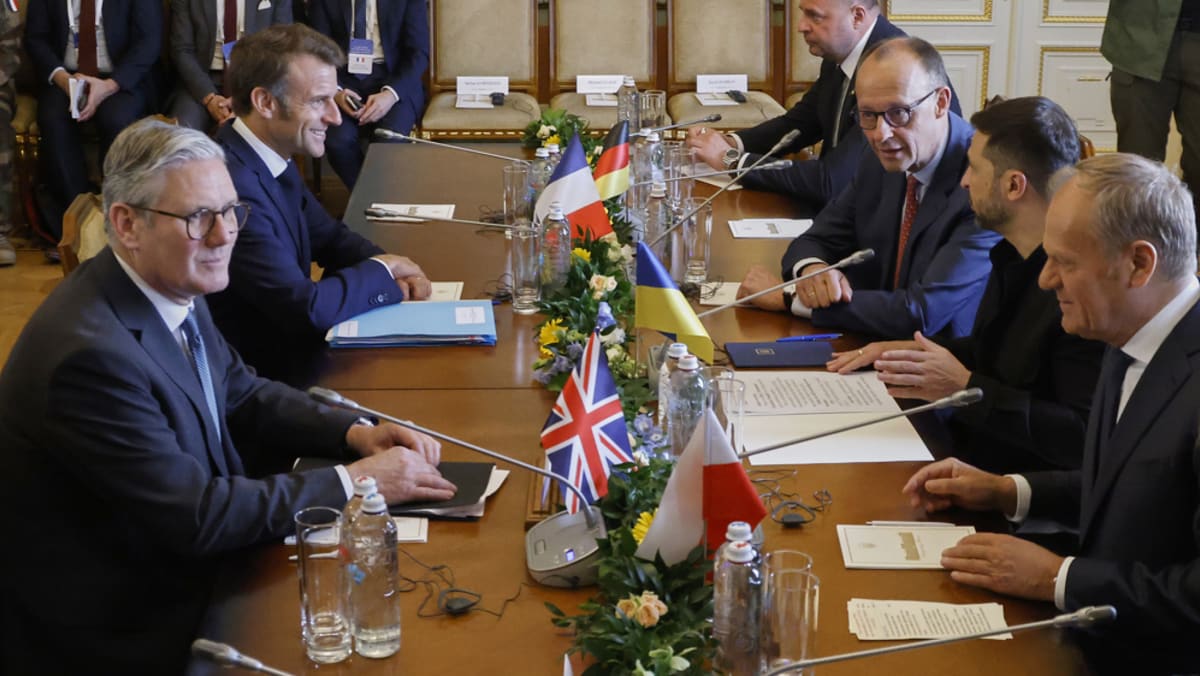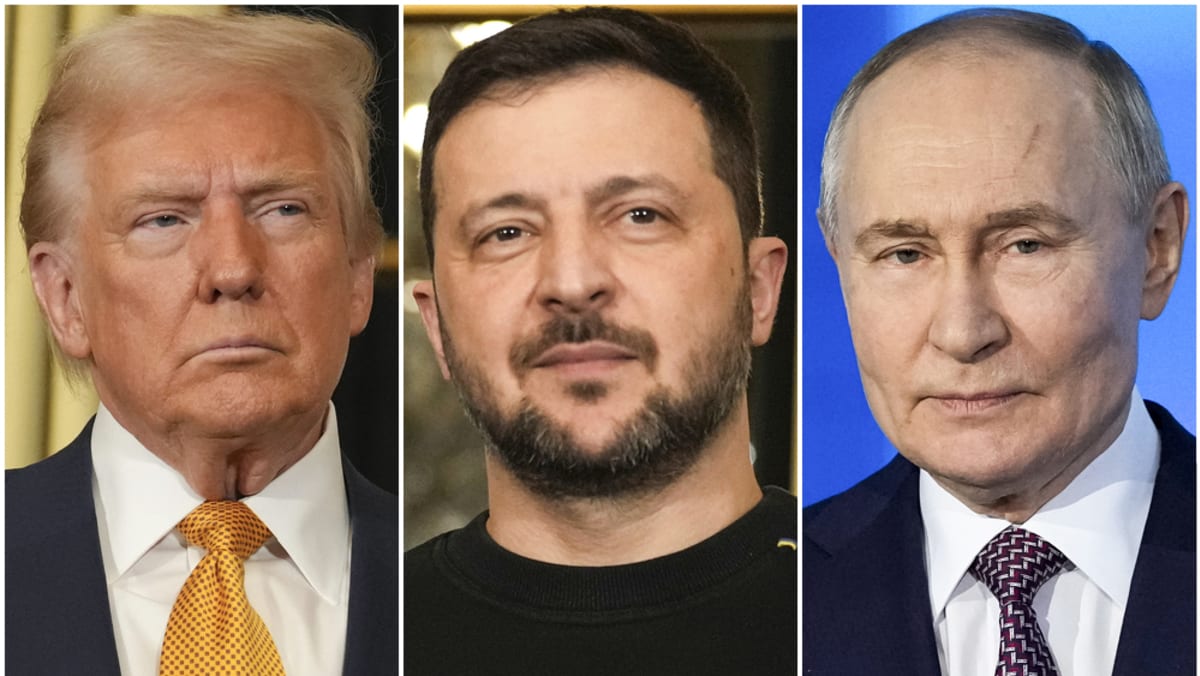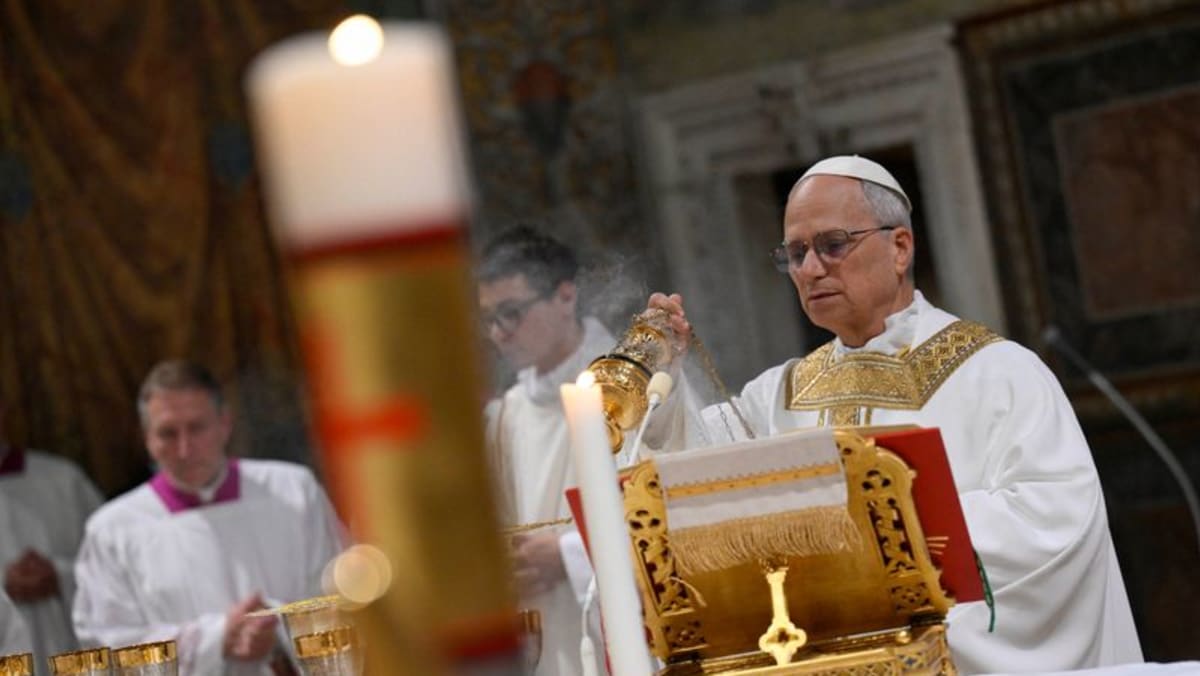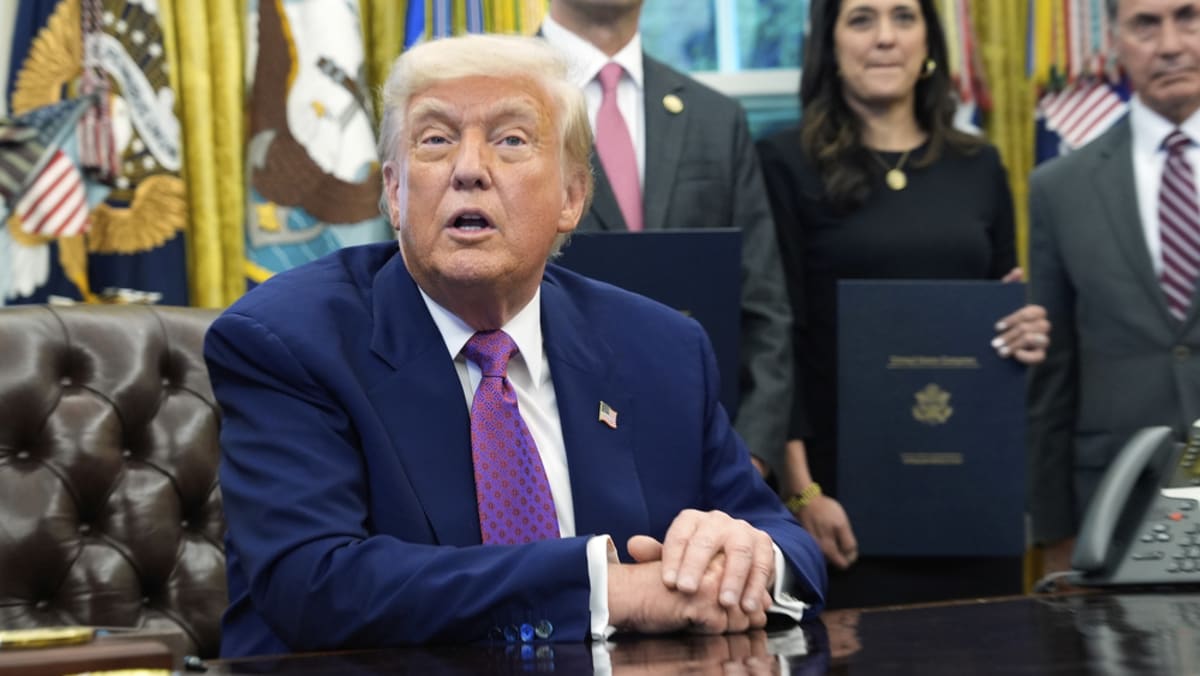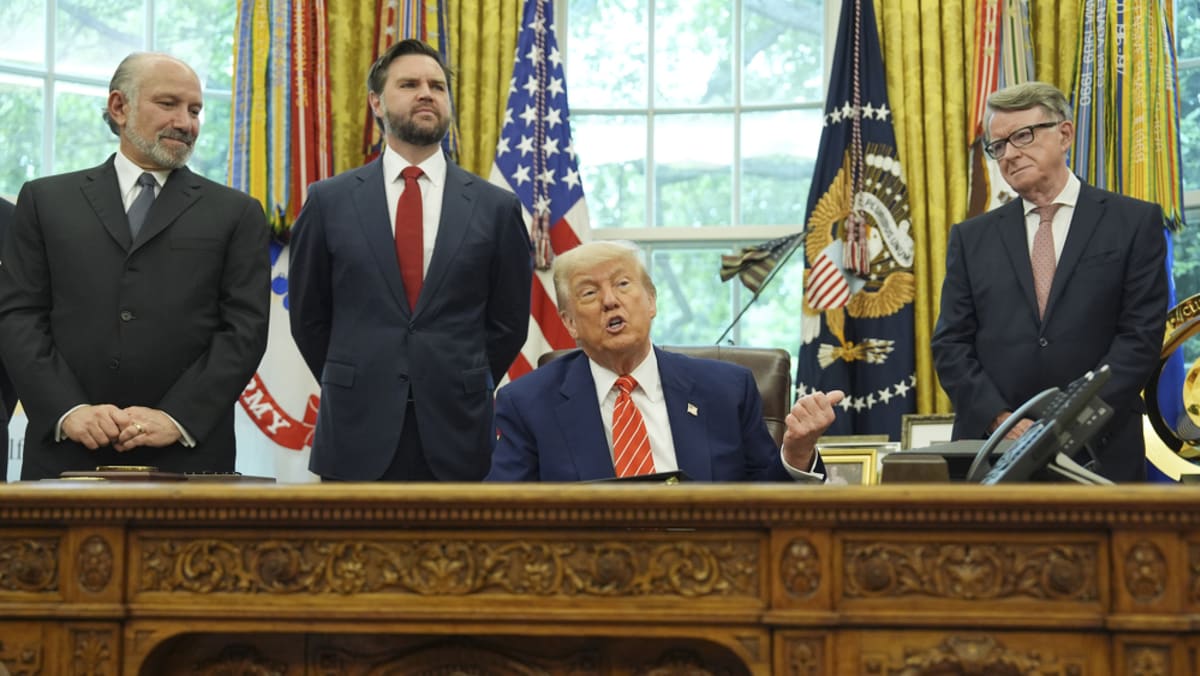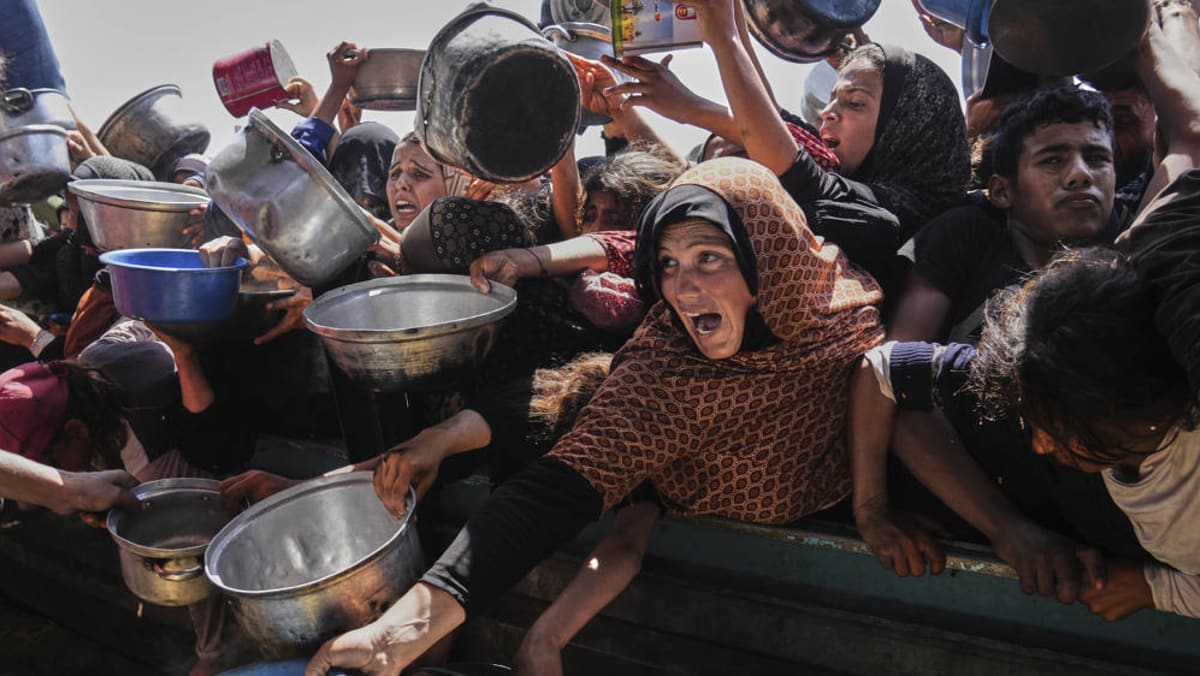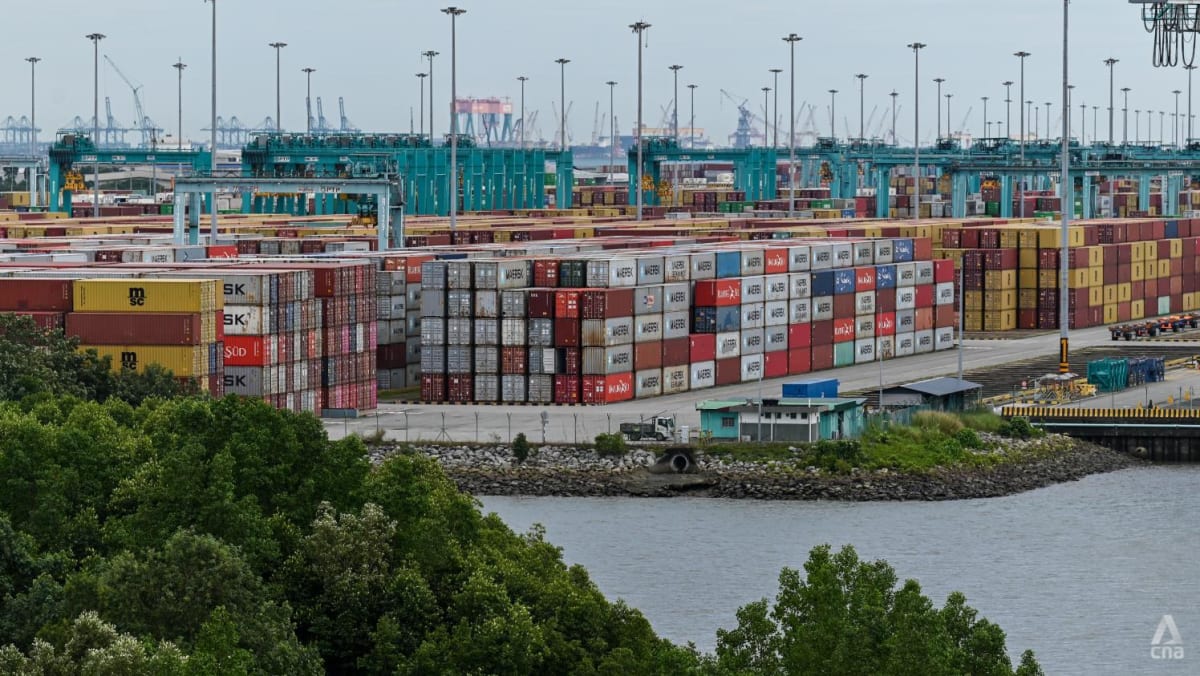By imposing new sanctions, the White House would be aligning itself more closely with Western Europe, which has been rattled by a trade war in which Trump has imposed tariffs on them and other countries and has suggested he might not come to the defence of NATO allies that underspend on their defence.
Zelenskyy said he and the visiting leaders had agreed the unconditional ceasefire must start on Monday and cover air, sea and land. If Russia refused, it would face new sanctions, including the strengthening of punitive measures targeting its energy and banking sectors, he said.
The leaders later issued a joint statement summing up the contents of the proposed 30-day ceasefire and saying its main purpose was “to make room for diplomacy”.
They welcomed support for the proposal from both Europe and the United States and said that if Russia sought to apply conditions, “this can only be considered as an effort to prolong the war and undermine diplomacy”.
Peskov had been quoted as saying on Friday that Russia supported the implementation of a 30-day ceasefire, but only with due consideration of “nuances”.
In remarks to US broadcaster ABC broadcast earlier on Saturday, Peskov had suggested Western military assistance for Ukraine must stop for a temporary ceasefire to take effect. “Otherwise it will be an advantage for Ukraine,” he said.
